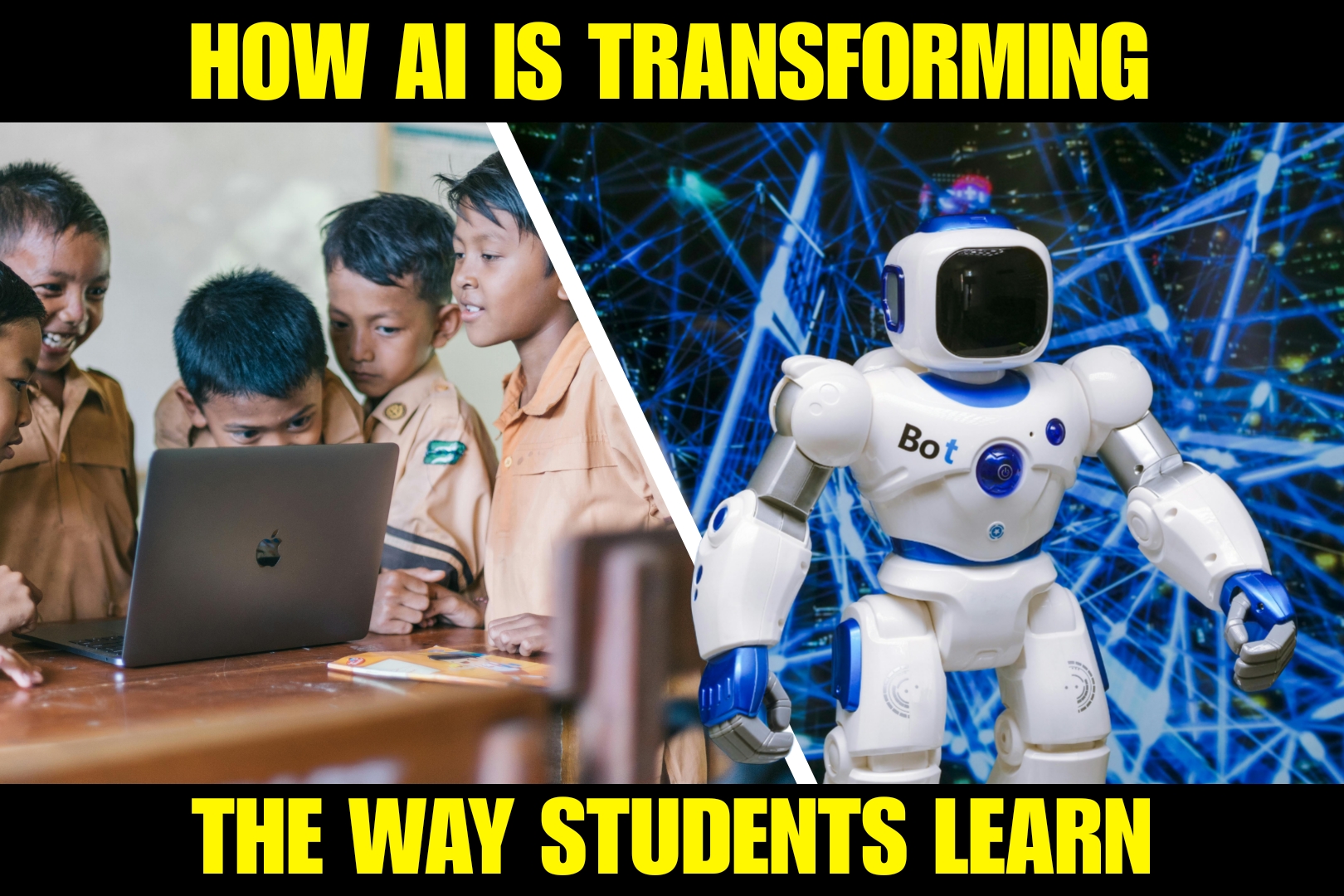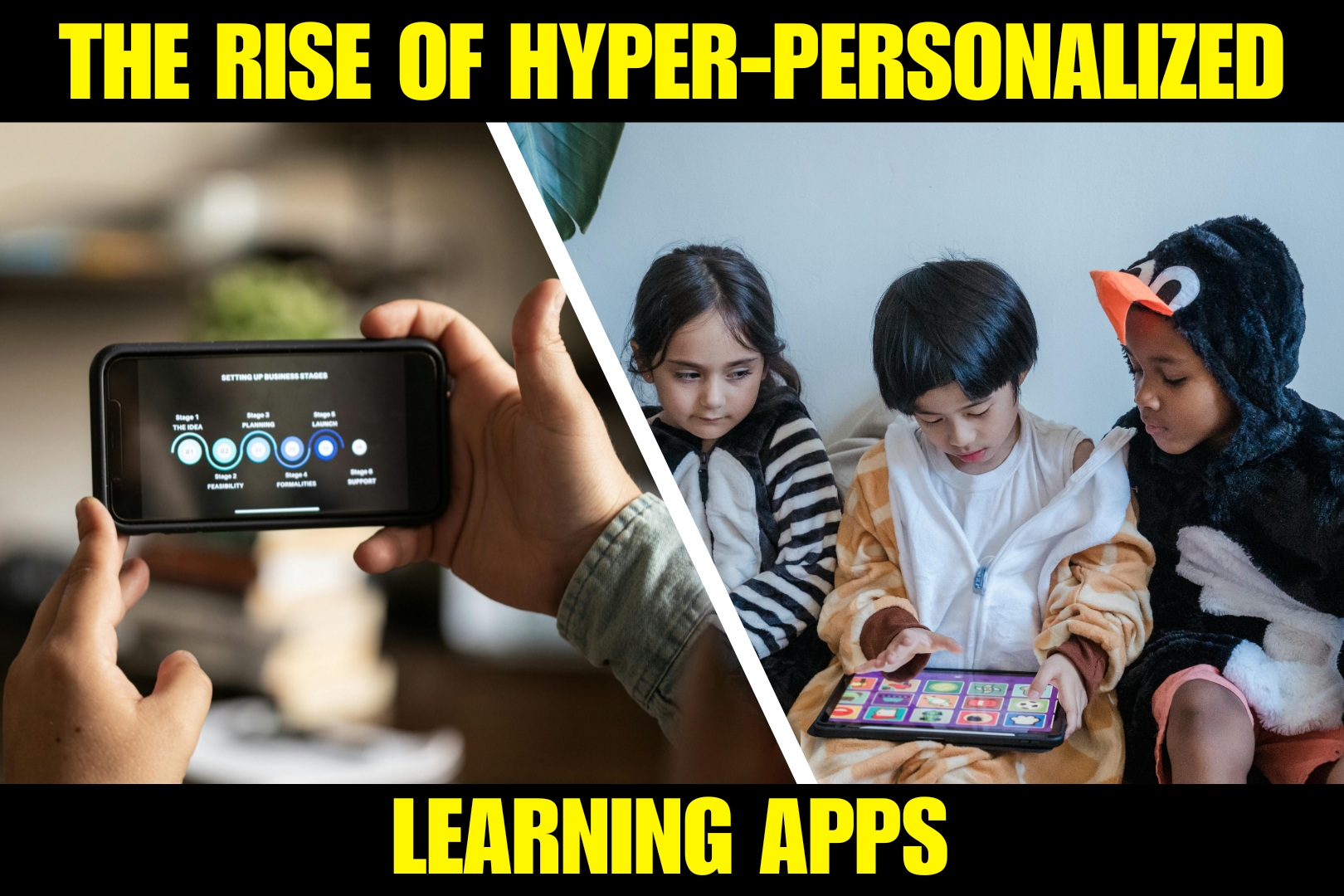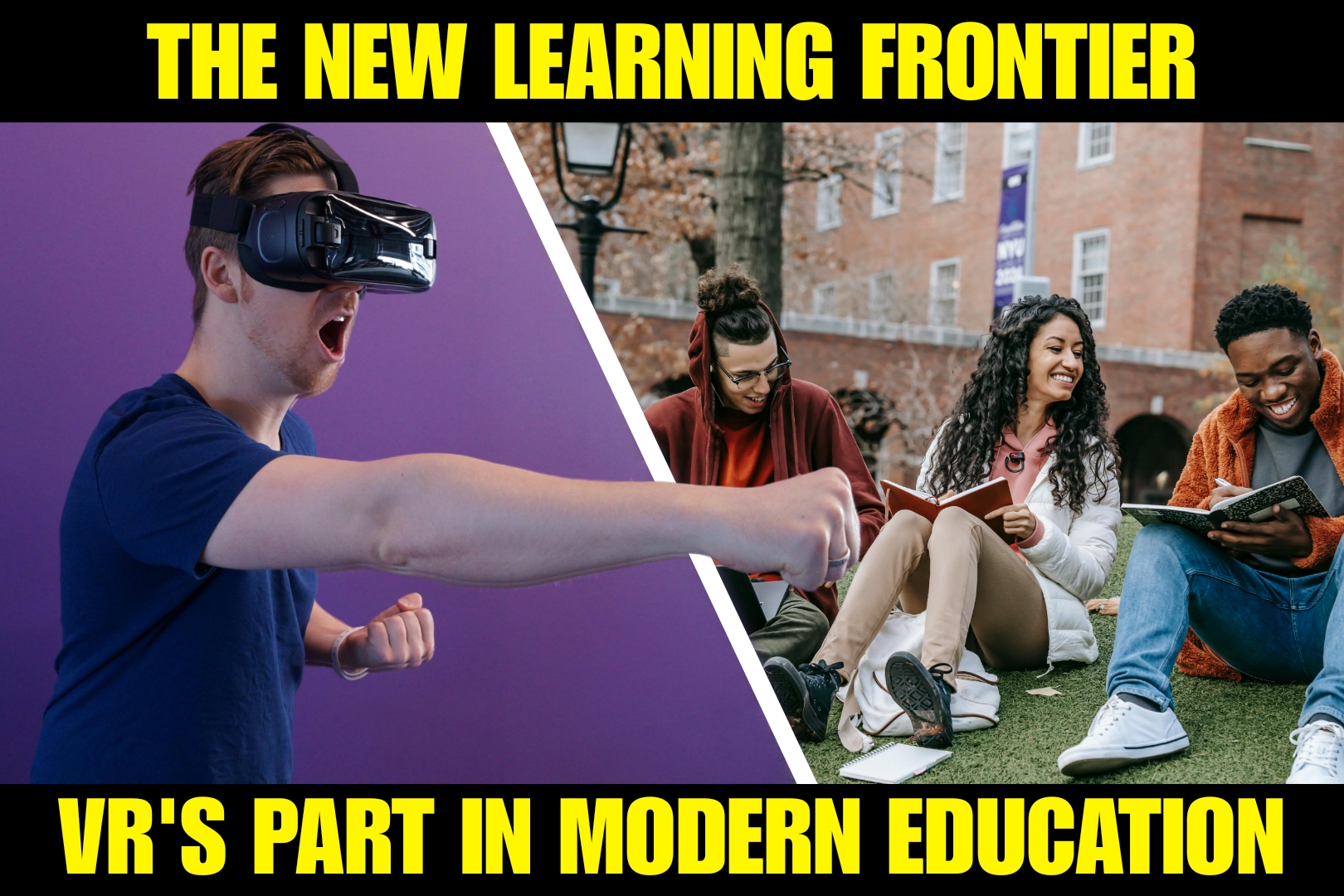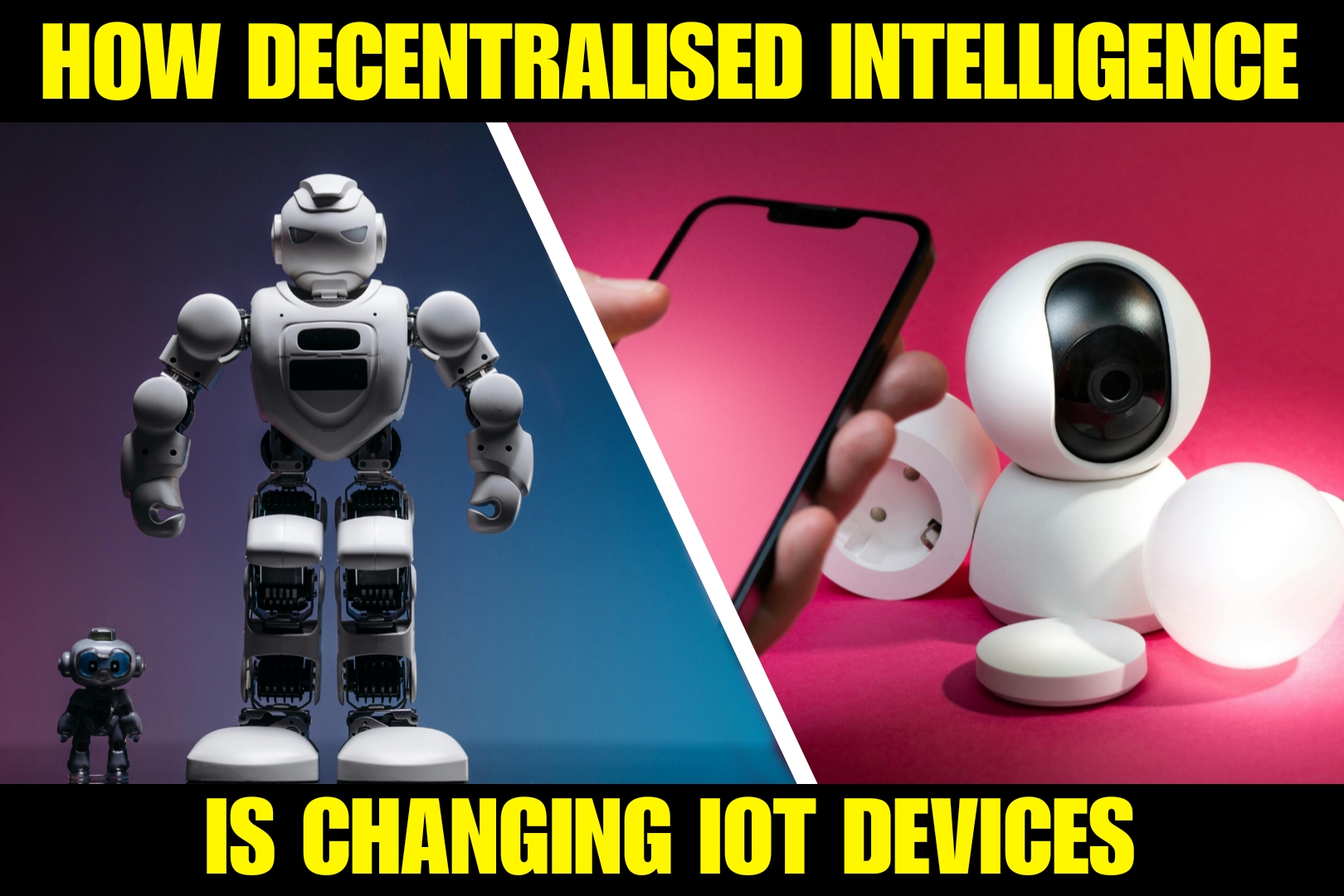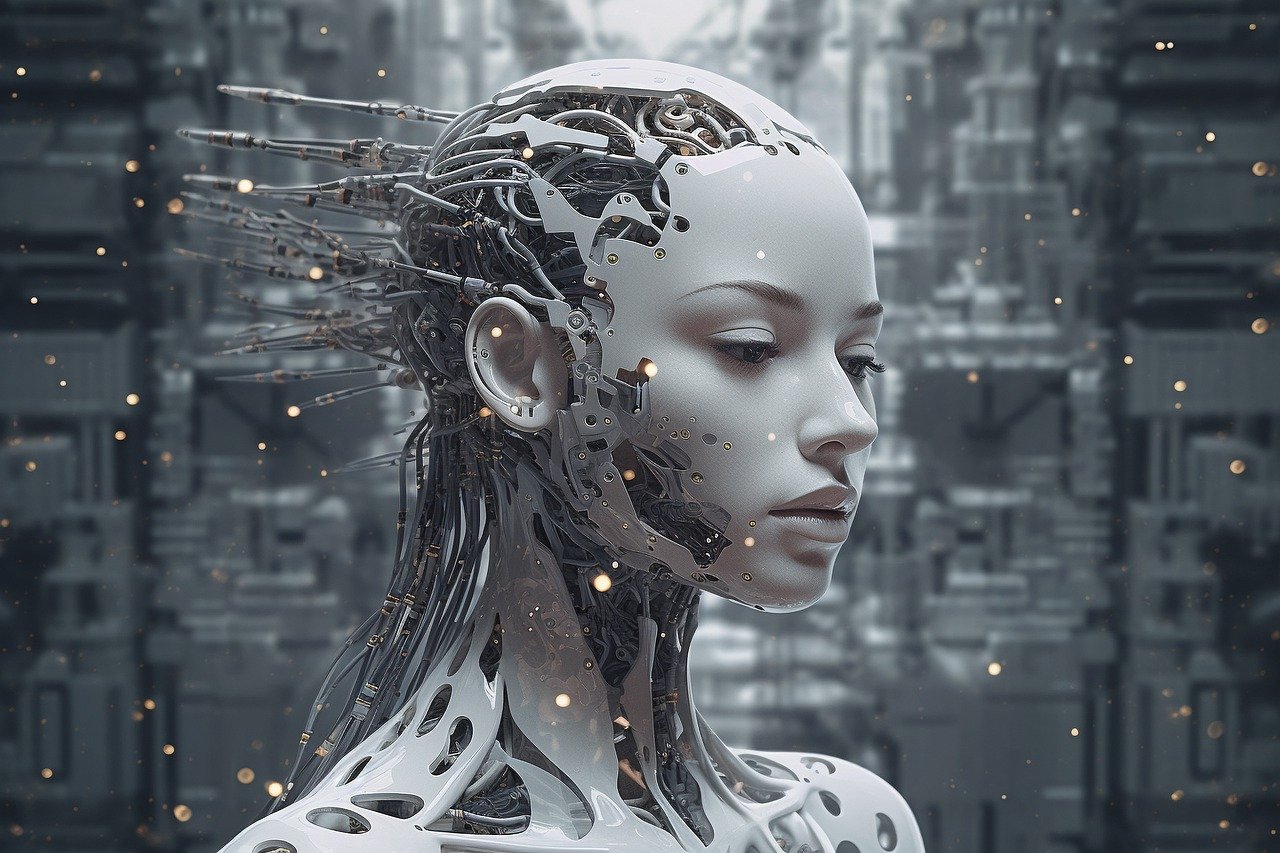How AI Is Transforming the Way Students Learn Languages Online
Discover how AI Is Transforming the Way Students Learn Languages Online. Explore…
The Rise of Hyper-Personalized Learning Apps: What Parents Should Know
Hyper-personalized learning apps are at the forefront of transforming education. With the…
The New Learning Frontier: Virtual Reality’s (VR) Part in Modern Education
Technology keeps transforming in the fast-changing terrain of education. Emerging as one…
The Evolution of Cloud Gaming in 2025: A Modifier for Console and Mobile Gaming
By removing the need for costly gear, consoles, or high-performance gaming PCs,…
Edge AI Rising: How Decentralized Intelligence is Changing IoT Devices
Edge AI Overview Edge AI—a mix of artificial intelligence (AI) with edge…
Neuroscience in Education: How Brain-Based Learning is Changing Instruction
Advances in neuroscience have given a great new understanding of how the…
The Part AI Plays in Personalized Learning Pathways
Discover how AI transforms education through personalized learning pathways, enhancing student engagement,…
From Basic Taps to Complex Strategy: The Evolution of Mobile Games
Over the past several years, the realm of mobile gaming has changed…
Exploring How Inflation Affects Your Savings
Everybody is affected by inflation, particularly about savings. It is a fundamental…
The Power of GenAI – Changing Banking and Finance into a New Era of Efficiency
Introduction With banking and finance leading the front stage in this change…
